Indigenous Governance Database
constitutional design
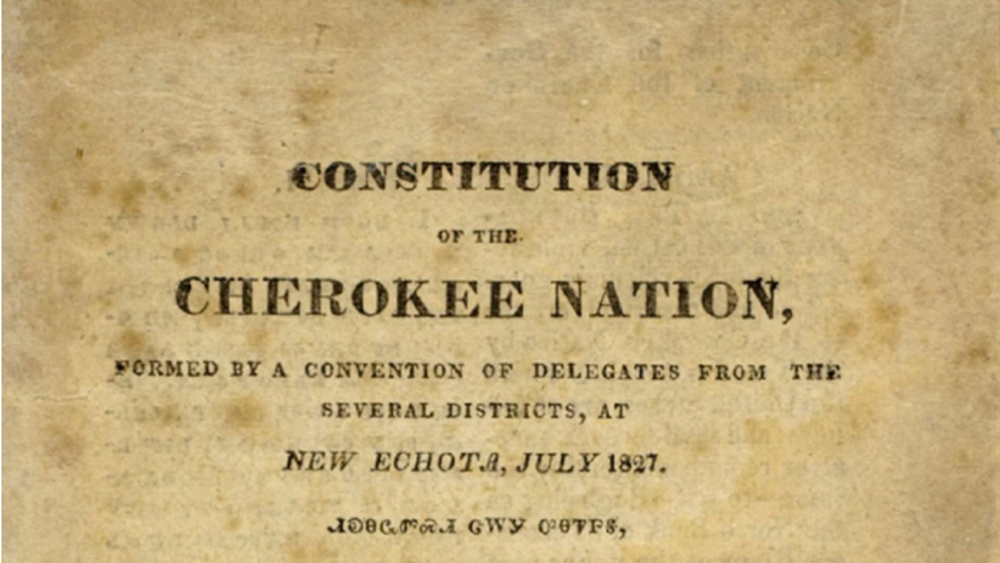
Tribal Constitutions
Modern tribal nations pass laws, exercise criminal jurisdiction, and enjoy extensive powers when it comes to self-governance and matters of sovereignty. And of 566 tribal nations, just under half have adopted written constitutions. In the American tradition, a constitution limits the power yielded…
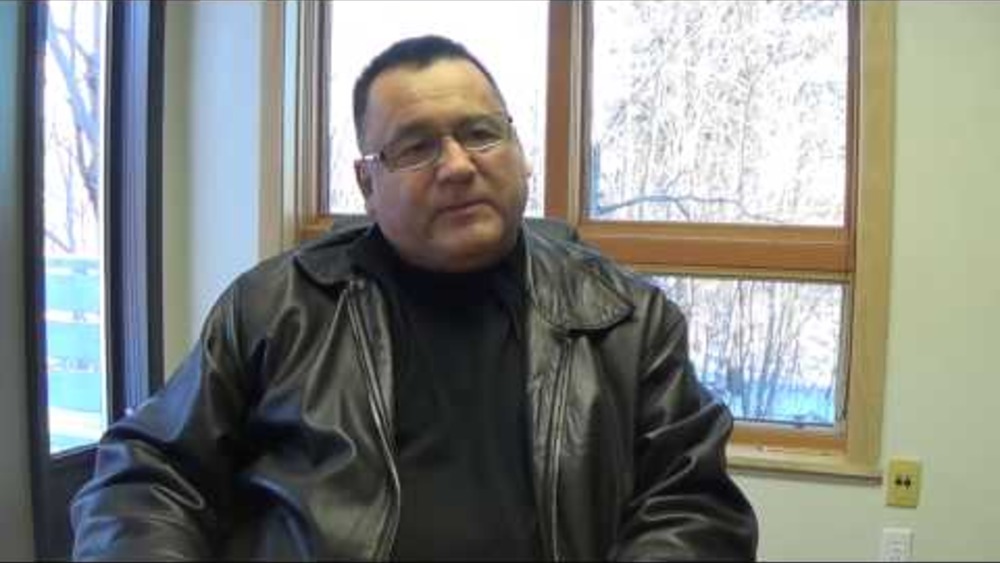
Grand Council Chief Patrick Madahbee: NFN Gichi-Naaknigewin
Anishinabek Nation Grand Council Chief Patrick Wedaseh Madahbee speaks to Nipissing First Nation members about the importance of the Gichi-Naaknigewin (Constitution) and its relationship to community development.
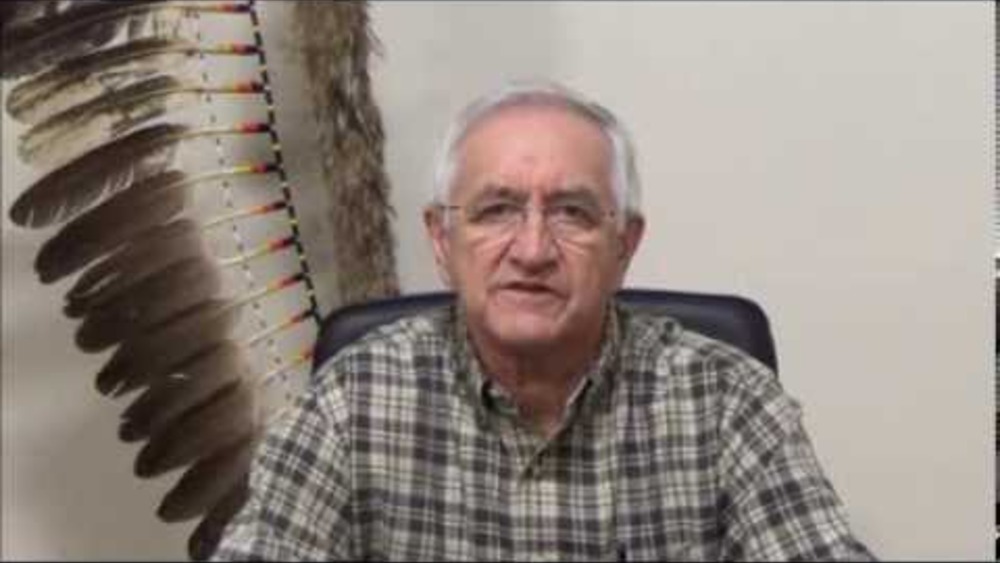
Arnold May: Nipissing First Nation Gichi-Naaknigewin (Constitution)
Counsellor Arnold May of the Nipissing First Nation discusses the importance of the Nipissing Gichi-Naaknigewin (Constitution), which was ratified in 2014 by the Nipissing people.
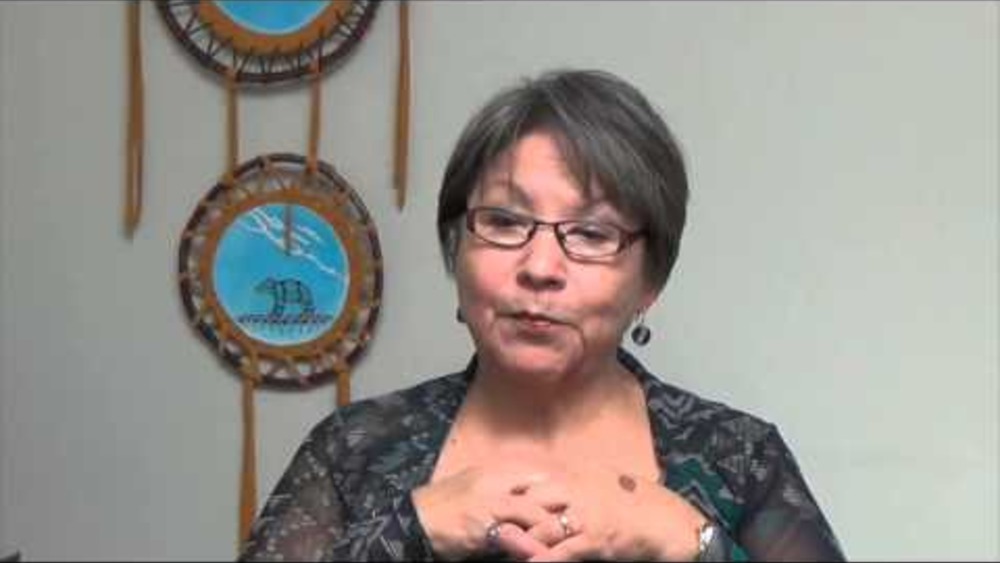
Carol Croxon: Nipissing First Nation's Gichi-Naaknigewin
Nipissing First Nation community member Carol Croxon describes what the Nipissing Gichi-Naaknigewin (Constitution) means to her in this short video explaining the document to the Nipissing people.
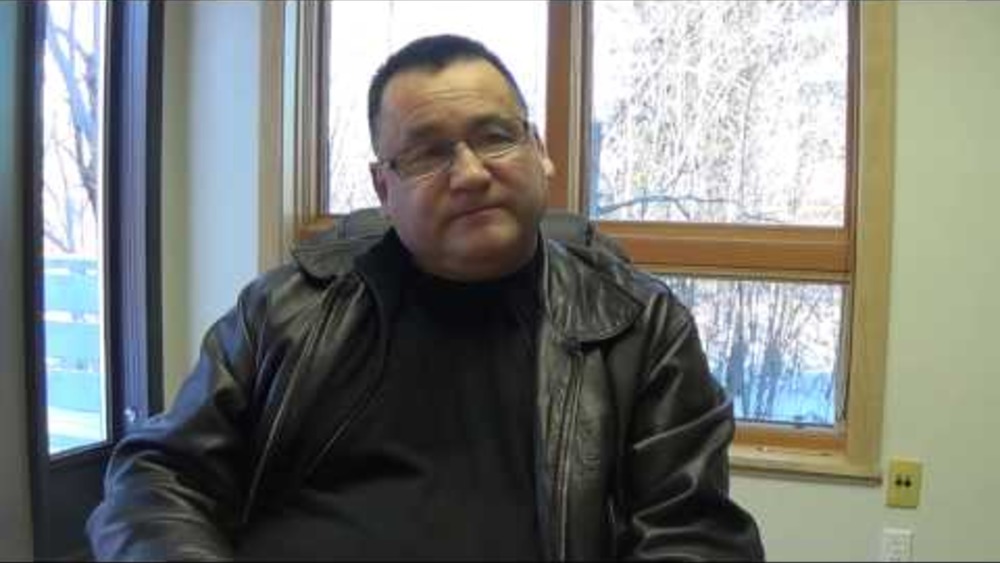
Nipissing Gichi-Naaknigewin
Nipissing First Nation members and staff, members of Chief and Council, as well as the Grand Council Chief, speak to the Nipissing Gichi-Naaknigewin.
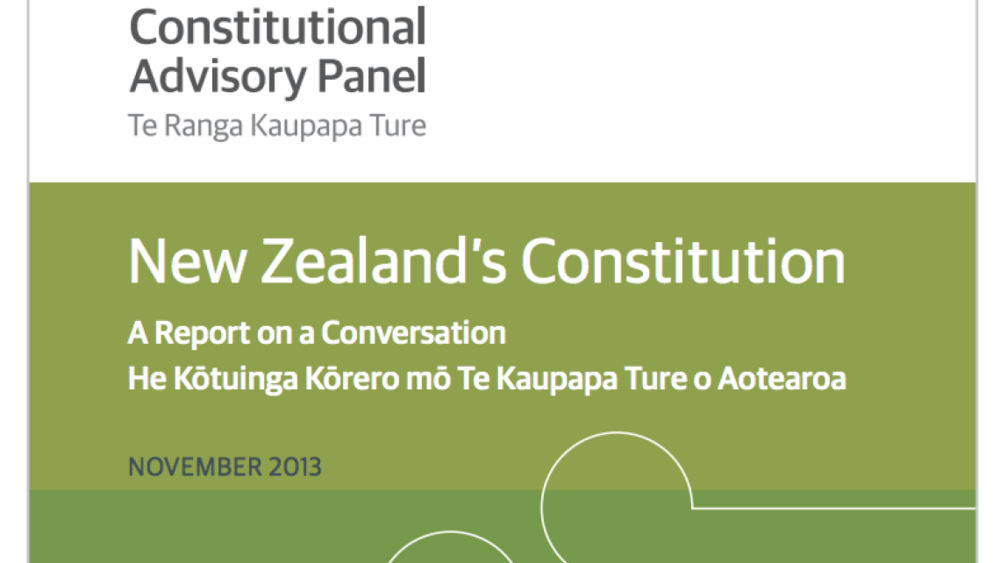
New Zealand's Constitution: A Report on a Conversation He Kotuinga Korero mo Te Kaupapa Ture o Aotearoa
The appointment of the Constitutional Advisory Panel in August 2011 was another step in a longer and continuing conversation about how to govern the people, land and resources of Aotearoa New Zealand.The Panel was appointed as part of the Consideration of Constitutional Issues, which was agreed to…
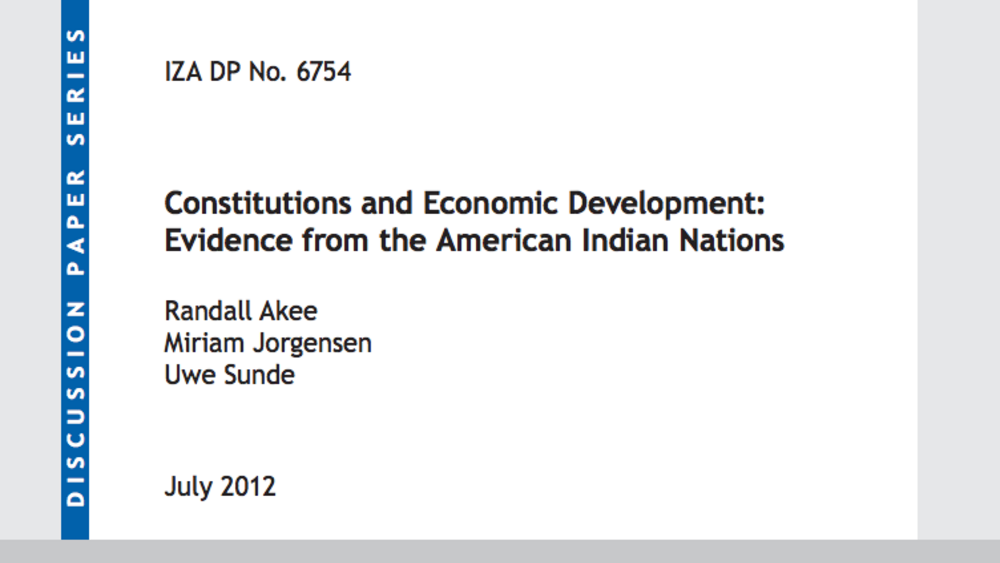
Constitutions and Economic Development: Evidence from the American Indian Nations
This paper presents an empirical examination of economic and institutional development. Utilizing a novel data set on American Indian tribal nations we investigate how constitutional design affects economic development, while holding the broader legal and political environment fixed. Instrumental…
